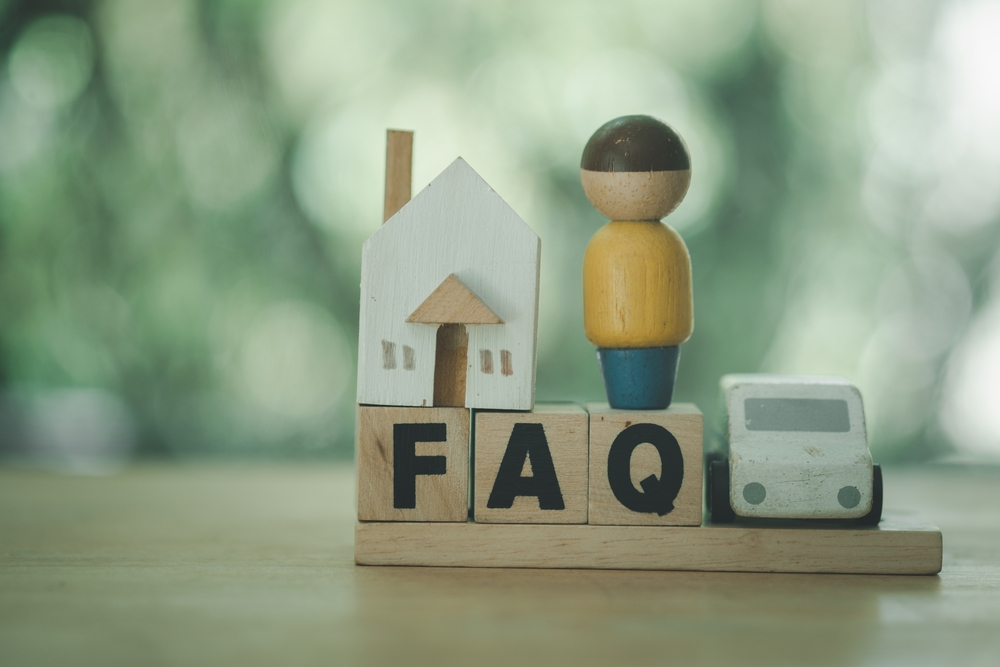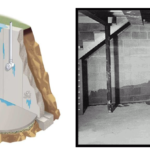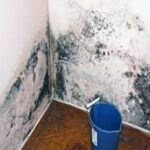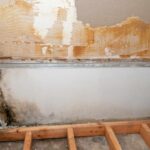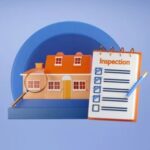Why Do I Need A Home Inspection?
For peace of mind and to protect what is probably the largest single investment you will ever make. You should learn as much as you can about the condition of the property and the need for any repairs before you buy. This minimizes unpleasant surprises and difficulties afterwards. After the inspection, you will have a much clearer understanding of the property.
How Much Does The Inspection Cost?
All of Our Services Are Affordable. Please see our pricing page for detailed pricing. The purchase of a property will likely be the most expensive investment people will make in their lives. It doesn’t make sense to shop for the cheapest inspector you can find. The saying, “Pennywise and Pound Foolish” applies to home inspections in a big way. You get what you pay for. A properly done home inspection and report take considerable time to complete.
When Can I Expect To Receive My Report?
Within 24-48 hours, usually within 24 hours. The report is usually delivered by email (PDF Format). Radon takes a little longer because the cannisters for the test has to be exposed for at least 48 hours and then forwarded to a certified lab for analysis. The results are usually available in less than a week.
Is A Radon Test/Report Included In My Home Inspection?
Most attorneys and lenders require a radon and termite inspection together with your home inspection. We can test for the presence of radon. This is usually discussed when you call to arrange the inspection. If a radon test is to be done, advise your realtor that closed house conditions are required 12 hours before the inspection, and a minimum of 48 hours until the test kit can be retrieved. The kit is then forwarded to a certified lab for analysis. The results are usually available in less than a week.
Is a Termite Inspection/Report Included In My Home Inspection?
Most attorneys and lenders require a termite and radon inspection together with your home inspection. We can test for the presence of wood destroying insects. This is usually discussed when you call to arrange the inspection. You will receive a wood destroying insect inspection report acceptable to most lenders together with your home inspection report if you purchase one.
How Much Will The Repairs Cost?
If you need we can provide you with a general range of how much repairs may cost. Remember in dealing with contractors that a contractor makes a profit margin on every dollar he charges you. Not all, but many contractors will try to sell you repairs or get you to replace items that may not be required to be repaired or replaced. If you have any doubt about what is being suggested for repair or replacement feel free to contact us for advice.
What Are The Most Common Issues We Find?
Mostly minor items that are relatively inexpensive to fix. We do find major deficiencies, but in 95% of these cases the seller was aware of the issue as it directly affected them on a daily basis. An inspection pointing out a major issue in cases like these are generally not a surprise. Following is a limited list of the most common defects.
Surface Water Issues. Roof water and water from the lot surrounding the home entering basements. Usually easy to remedy by directing gutter water away from home and assuring grounds around home slope away from dwelling.
Roofing. Roofing issues. Usually it doesn’t mean the roof needs to be replaced, simply that it is in need of maintenance or repair.
Electrical hazards. Generally not major faults, mostly outlet and repairable electric panel issues. Most homes require at least some electrical repairs.
Rotted wood. Caused by being wet for extended periods of time, most commonly found around tubs, showers and toilets inside, or roof eaves, trim, decks and posts outside. Wet wood that is not left untreated for long periods of time is simple to fix. Rotted wood that has been left uncorrected can be a bigger concern.
Water heater installations. Many water heaters are beyond their expected service life. Replacing water heaters is a common and not overly costly item.
Heating. Many furnaces and boilers are in need of routine maintenance such as new filters.
Plumbing. Plumbing issues commonly found include leaking fixtures, slow drains, etc. Most plumbing issues are minor are relatively inexpensive to correct.
How Long Will My Home Inspection Take?
Most inspections take between two and three hours, depending on the size and age of the house.
Can I Do It Myself?
Even the most experienced homeowner lacks the knowledge and years of expertise of a professional home inspector. An inspector is familiar with all the elements of home construction and remains completely objective and unemotional about the home.
Can A Home Inspection Fail?
NO! A professional home inspection is an examination of the condition of the home on the day it is inspected; it is not an appraisal, which determines market value or a municipal inspection, which verifies local code compliance, but rather describes its visible physical condition of the property and indicates what may need major repairs in the near future.
Do I Have To Be There?
It is not necessary for you to be present for the inspection, but it is highly recommended. You will be able to accompany the inspector and ask questions directly as you learn about the condition of the home, how its systems work and how to maintain it. You will also find the written report easier to understand if you’ve seen the property firsthand through the inspectors eyes.
Who Hires The Inspector?
The Client, usually the purchaser, retains the inspector. The Inspector works for you. The report cannot be given to anyone else without your written consent.
What type of report will I receive?
You will receive a comprehensive report with many photos, broken down into categories and systems inspected in your house. Most houses result in a report exceeding 20 pages covering a large amount of information about your home.
When is payment due?
Payment is due at the time of the inspection.
We accept cash, check or money orders.

